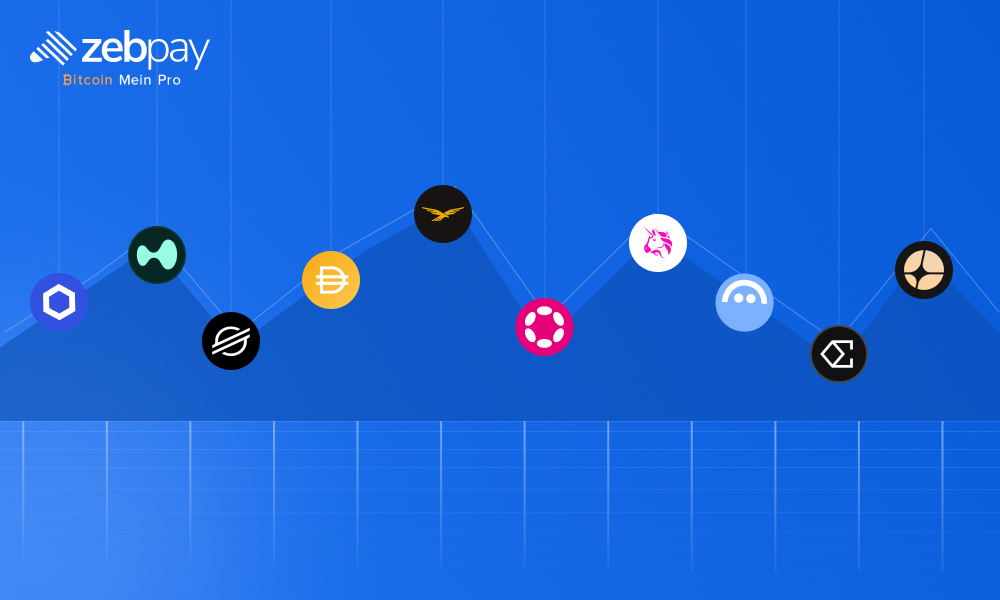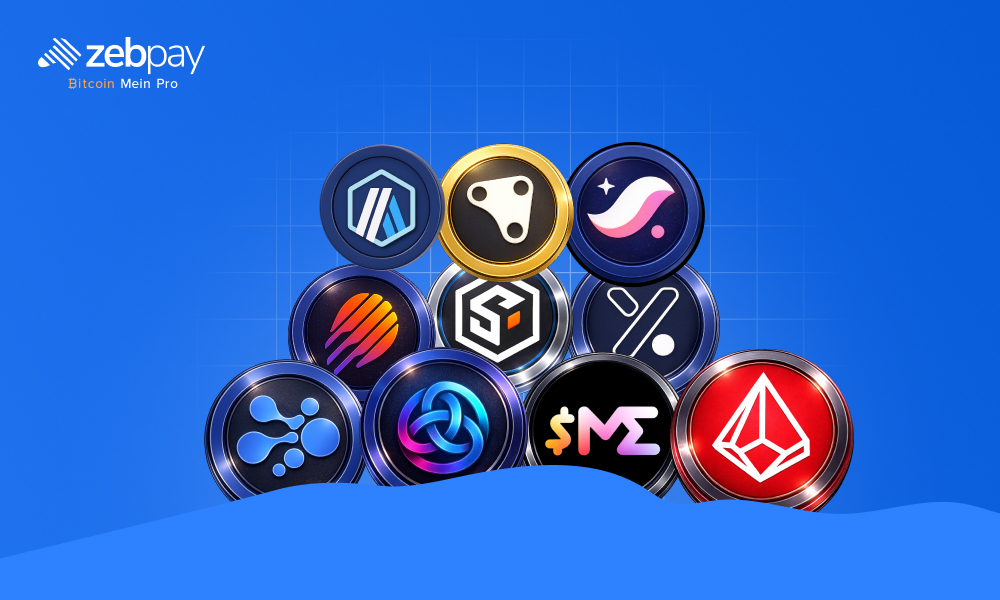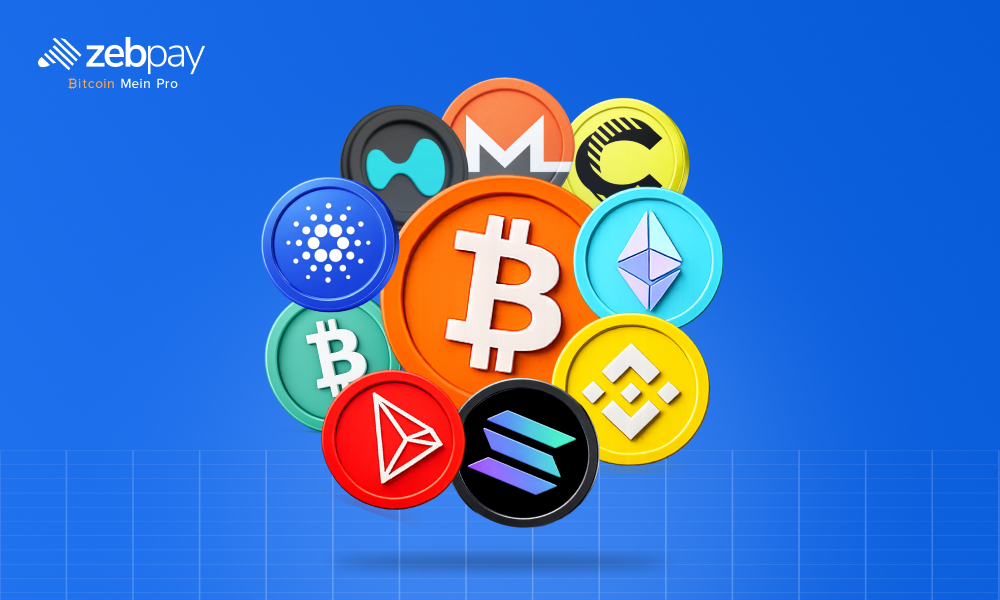The Metaverse is a virtual, three-dimensional world that can mimic real-world aspects such assets, economy, real estate, and social interactions. It enables users to interact with each other over large distances and can be accessed using VR headsets, browsers, and applications. It is slowly becoming popular due to its vast potential to disrupt many traditional industries. It can transform how we interact with each other due to its cutting-edge technology.
Virtual reality (VR) and augmented reality (AR) are the underlying technologies that enable various metaverse applications. In VR, a user is completely immersed in a virtual world and has minimal interaction with the real world. AR overlays virtual objects onto the real world instead of replacing it entirely. AR and VR are not new concepts but have evolved and aim to become mainstream through metaverse applications. They blur the lines between the virtual and real worlds in the metaverse for a more immersive experience. These technologies have unlocked multiple use cases, such as metaverse music. This article will explore the concept of metaverse music, its benefits, and examples to evaluate its impact.
What is Metaverse music?
Metaverse music involves all musical activity and experiences in the virtual world and is still in its early stage of development. Various music activities can be conducted in the metaverse, such as composing, performing, teaching, and virtual concerts. Metaverse can influence musical forms and concerts, and help artists at a commercial level. For example, in 2021, Decentraland hosted the first Metaverse music festival, which lasted four days and featured about 80 top musicians. This virtual music event attracted big sponsors and was free for users to attend.
Read more: What is Metaverse
Another relevant use case is using networked databases for copyright ownership to solve licensing issues. A significant challenge in the music industry is music ownership and royalty distribution. The metaverse can create an accurate, decentralized database for music rights. This database will include all the information from various proprietary databases. It can be automatically updated and made publicly viewable. Another use case is the management of music royalties using Smart contract technology. Currently, royalty payouts are slow and complex. Metaverse, using Smart contracts, can immediately disburse the amount as soon as a musical piece is consumed.
Virtual Music Experiences
VR and AR technology have significantly impacted the music industry, enabling artists to create immersive music and interactive virtual concerts for global audiences. There are many advantages to virtual music experiences. A virtual musical concert can allow people worldwide to participate and connect. The metaverse enables equal access to music events, no matter your background. It gives you the experience of the venue instead of watching it on a TV screen. It allows users to explore and look around the immersive virtual space. It makes it convenient for audiences to participate, as they do not need to travel long distances and avoid long entry queues.
Read more: Future of Virtual Events in the Metaverse
The Benefits and Impact of Metaverse on Music
The metaverse is a new space for musicians to interact, collaborate, and create new revenue models. Some metaverses, such as Sandbox and Decentraland, are developing new applications to serve as concert arenas and top artists like BTS have already had a test virtual performance. The merchandise sector will evolve in Web3, with digital collectibles such as NFTs leading to new levels of personalization to improve fan engagement. The metaverse can help artists reach a larger global audience. It can lead to new revenue streams and monetization in the virtual music ecosystem. It can also democratize music production; fans can decide what goes into an album. Artists such as Snoop Dogg are helping make NFTs mainstream, and all these developments will make the music industry a crucial part of the metaverse universe.
Technological Innovations in Music and the Metaverse
The metaverse can combine advanced technologies with art seamlessly. Music is reaching new creative heights with the help of metaverse technologies such as blockchain, AR, VR, and NFTs. It offers virtual concert spaces for fans to experience live performances without traveling long distances or spending a lot of money to attend the concert. It enables a sense of immersion and presence for fans during virtual musical concerts. It can also create a more personalized experience for fans, as sound can be adapted to their preferences using sophisticated spatial 3D audio and video and has the technology to match 360-degree audio.
The Challenges and Opportunities for Musicians and the Metaverse
The metaverse offers many benefits to the music industry but has some challenges. There are some issues around copyright as users create their own virtual spaces or events, and they will want to add popular copyrighted music as part of the experience. This feature can raise licensing issues for using musical pieces, including how to obtain, monitor, and enforce licenses.
As the metaverse has a global reach, determining who enforces music licenses can be challenging due to copyright law, licensing, performance rights, and cross-jurisdictional regulation. Metaverse music has a global reach and can lead to issues other than copyright. It will be hard to compensate artists when their music is used in any virtual space. There is a need for standardization in music licensing and royalty structures.
Artists were not compensated enough for Web2 streaming services, but the metaverse can transform artist compensation through timely payments and new revenue streams. It gives back rights to artists for their creation and performance without intermediaries. It also gives artists full ownership over live-streaming shows, concert tickets, and limited edition albums, giving them direct access to passionate fans.
Case Studies: Successful Music Ventures in the Metaverse
It might seem strange to some of you to attend a virtual concert in the metaverse, but many famous artists have already performed virtually. For example, Travis Scott, the American rapper, collaborated with Epic Games to create a virtual concert that any user could attend as long as they were playing Fortnite. This virtual concert took place during the pandemic when no live events were allowed. It attracted many users, showcasing many Metaverse technologies. Another successful virtual concert was created by Justin Bieber on Wave, a virtual music platform. His avatar looked close to lifelike, and he performed against an evolving yet striking backdrop.
The Future of Music in the Metaverse
Artificial intelligence (AI) integration with the metaverse will revolutionize the music industry. One of the vital ways AI can change metaverse music is by transforming how we create music. Today, human composers create music, but with the development of AI and ML, machines can now compose music with minimal human intervention. AI-powered Metaverse uses ML to analyze the vast library of music data to learn the patterns that make up a composition. They can create original songs that sound just like human-made compositions. AI-generated music is becoming more complex, and several music companies are implementing AI to make commercially viable music.
Read more: Future of the Metaverse
The metaverse can create an immersive musical experience that can merge the physical and digital worlds and create new ways for artists to connect with their fans. It offers opportunities for artists to collaborate with others from any region of the world. We are entering a new era of music and technology with exciting possibilities for creating music, virtual concerts, and tours.
To stay up to date with the latest crypto news, visit ZebPay blogs. Click on the button below to trade on ZebPay.







